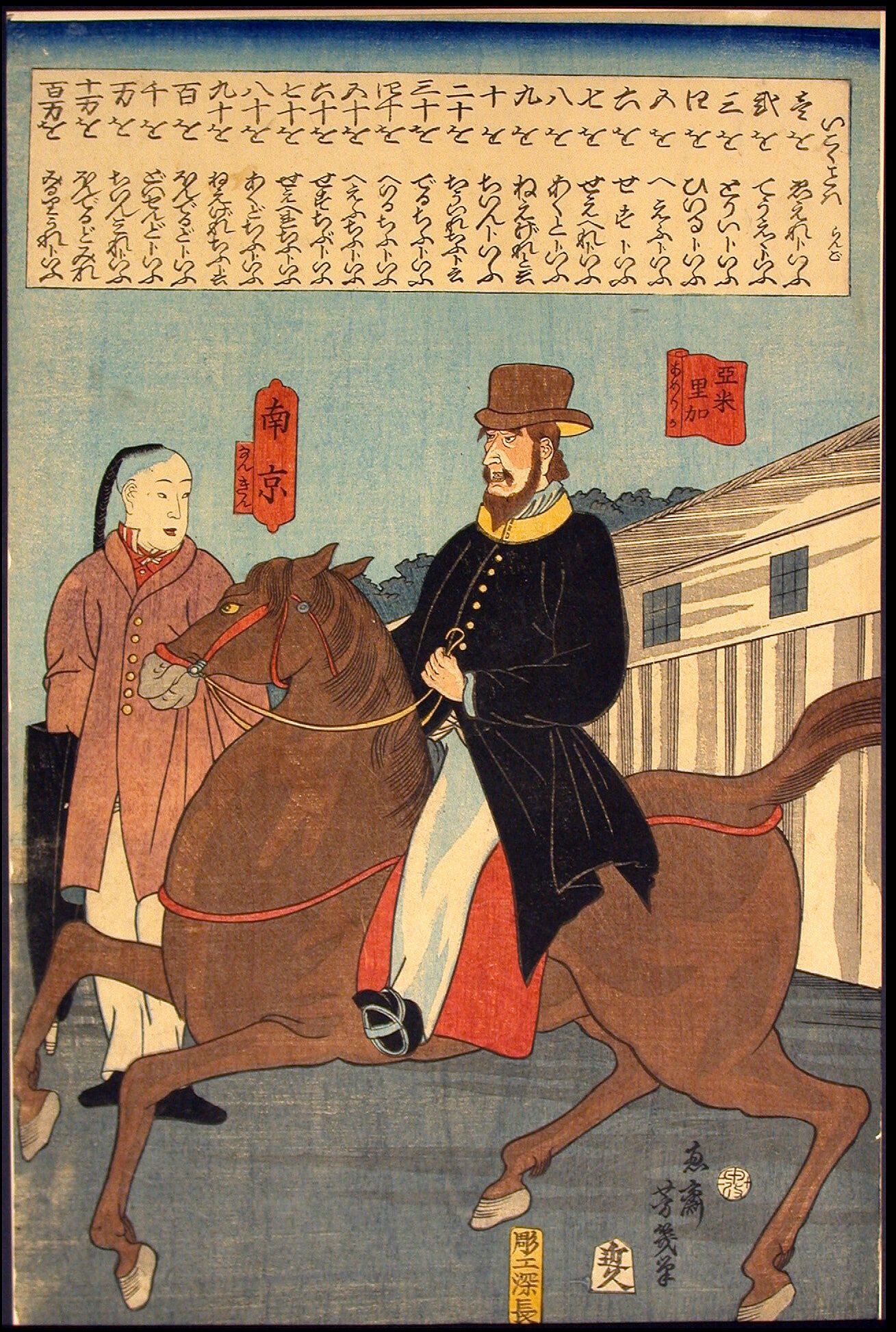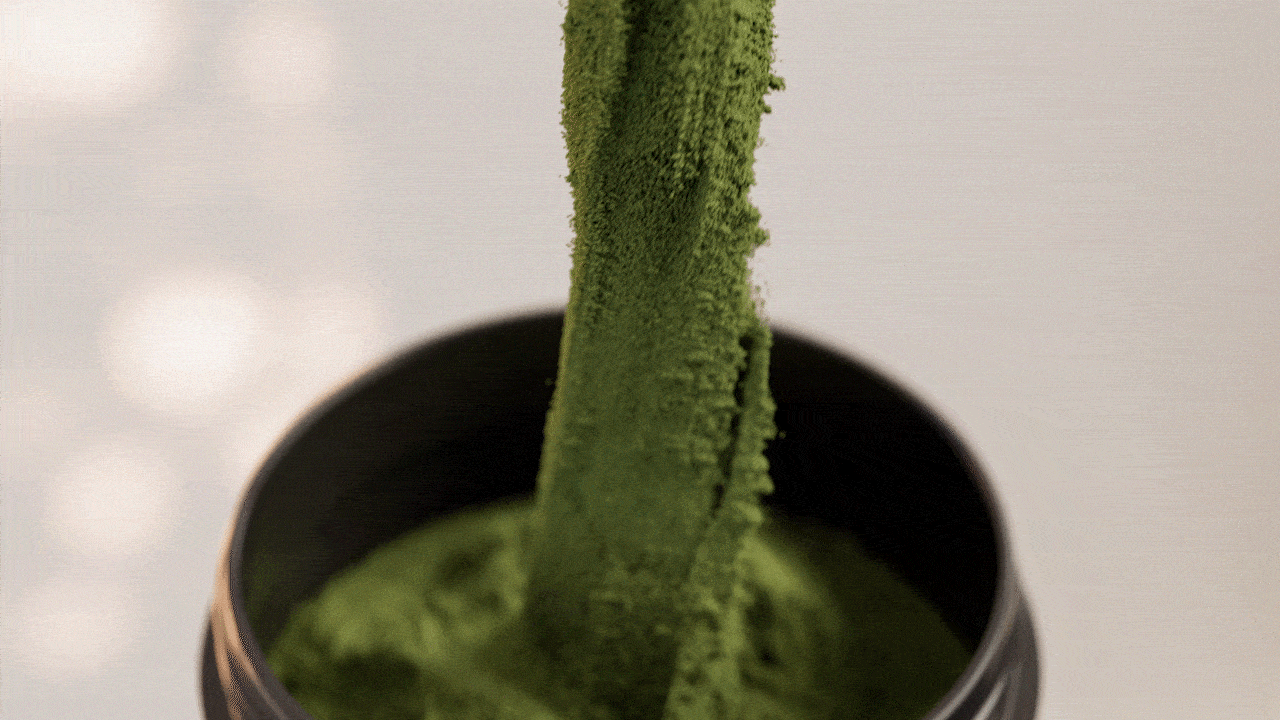
“Foreign Words” (1860), Ochiai Yoshiiku
I don’t generally like doing follow-up pieces. For one thing, I’m trying to make each of these Trying! essays a real piece of writing, with structure and intent and a kind of monadic existence, so typing up a bunch of additional thoughts sullies, if only slightly, the original mission. For another, I feel like each essay should shoot its shot in one go; if I’ve forgotten something, if new ideas or details arise, then oh well. And besides, who really wants to revisit any of these pieces?
Well, today we will! That’s because over the weekend Jonathan Greenblatt, the head of the Anti-Defamation League, told the New York Times’ Lulu Garcia-Navarro that I’m an antisemite. Okay, fine, he wasn’t speaking about me, Matt Gross, specifically, but he did double down on the Netanyahu-Trump gang’s conflation of anti-Zionism and antisemitism that I wrote about last week:
Now, let’s talk about anti-Zionism. And by the way, to talk about anti-Zionism, we need to talk about Zionism.
Please define both. So Zionism is, simply put, the right of the Jewish people to self-determination in their ancient homeland. That’s what it is. Zionism is essential to the Jewish tradition. The idea of Jews returning to Israel, we’ve been talking about it since Moses, literally. Political Zionism is newer, 125 years, but that notion of self-determination in the homeland doesn’t exclude Palestinians, doesn’t exclude any other group. It’s saying Jews have the right, this sort of liberation movement, to go back to where they’re from. Anti-Zionism is the belief that Jews do not have that right. It is an ideology which is committed to saying we will do what we can to prevent Jewish self-determination in their homeland. Anti-Zionism is an ideology of nihilism, Lulu, which would literally seek to not just delegitimize but eliminate the Jewish state. And that’s very problematic.
So you have equated anti-Zionism with antisemitism. It is.
As I wrote the other day, I’m not a fan of the idea of “homeland.” I think all people, not just Jews, would be better off abandoning their attachment to the mystical, malleable past and embracing the reality of living in real places in the here and now. Sure, it’s comforting to imagine you’re farming the same ground your ancestors did thousands of years ago, and that their presence then, plus the questionable dictates of some sky wizard, gives you the right to do so now, but it’s ultimately backward-looking and counterproductive.
And in any case, that’s not my real objection to what the ADL’s Greenblatt is saying.
More after the ad. Although Beehiiv rules forbid me from encouraging you to click it, if you do so — of your own free will and according to your conscience — each click will earn me $2.40.
🪨
The #1 Daily Health Habit
It’s halfway through the year - how many of your New Year’s resolutions have you ACTUALLY kept?
Prioritizing your health can be hard. Especially when you have meetings, errands, and endless to-dos on your constantly demanding schedule.
AG1 is a Daily Health Drink formulated to help fill common nutrient gaps and support whole-body health in one simple scoop.
With a blend of high-quality vitamins, minerals, prebiotics, and phytonutrients, it’s designed to work in synergy with your body.
No gimmicks. No guesswork. Just an easy daily habit you can feel good about, every single morning.
Subscribe now and get:
✔️ 10 FREE Travel Packs
✔️ FREE Vitamin D3+K2 Drops
✔️ FREE Canister + Shaker
All for less than $3 a day.
🪨
The issue, really, is with the terms Zionism and anti-Zionism. That is, what the fuck do they mean? The fact that Greenblatt needs to define them up front is a red flag. In his telling, Zionism is a right of self-determination for Jews, and anti-Zionism is the denial of that right, and therefore a step toward destroying that people. Which sounds fine and fair, except that there are plenty of people who would define those terms quite differently, seeing Zionism as settler colonialism and the elevation of one people’s rights over others’, with anti-Zionism becoming a liberation movement for those left unelevated.
In other words, the words are meaningless. Depending on who you are and what you want, you can twist them this way and that. And the words you twist will most likely not be your own but those of anyone in opposition to your political aims.
This is a problem! And it’s not limited just to anti/Zionism. Consider the phrase “From the river to the sea.” For many, it’s a call for freedom for Palestinians—the end of repression by Israel and the establishment of a truly independent Palestinian state. For many Jews, it’s a threat to remove them from Israel entirely—a threat of annihilation. You can shout the phrase with as much heartfelt, peaceful conviction as you can muster, but that is not necessarily how you will be heard, or overheard. This is, of course, our old buddy irony, the gap between what is said and what is understood, but alas it’s not the funny-haha kind. Instead, it’s a tragic, intractable wedge that prevents communication and progress.
This is a problem, however, with a solution: Stop saying those things. Seriously. Stop using the terms Zionism and anti-Zionism. Stop saying “From the river to the sea.” Stop asking gotcha questions—”Does Israel have the right to exist?”—whose answers can be contorted to fit anyone’s machinations.
Language is not about intent. It’s about reception. This I’ve learned after nearly three decades of writing down words for other people to read. Actually, I learned it in the first decade: People read what they want to read, not what you write.
When I was the NYT’s Frugal Traveler, for example, readers loved it if I covered a destination they’d been to. It didn’t matter what I did there, whether I liked or hated the place, whether my experience in any way matched up with theirs — my writing about it legitimized their own choice of destination, even retroactively. That was what mattered to them — that there was a story at all. What the readers did with it, how they interpreted the words and scenes I’d laid out, whether they followed the article with any care, was secondary. The story was theirs, not mine.
So it goes with all communication. The words escape our mouths, and from there we have no control over them. And that’s why we must choose them with care, and avoid not only the amorphous and ambiguous but the tropes and clichés we so lazily rely on. Once a word or phrase catches on, once we start using it as a substitute for more concrete and specific formulations, we cede control over its meaning to whatever anyone else happens to prefer. Most of the time, this is not a matter of life and death. But sometimes it is.
And while it may feel as if there’s not much we can do about it, and we want to scream out the phrases that give us comfort and proclaim our righteous cause, the best way, perhaps the only way, we can shape this cursed world is by choosing our words with a smidgen more wisdom than we have in the past. It’s a small step, and a hard one, but it’s within our power. 🪨🪨🪨



